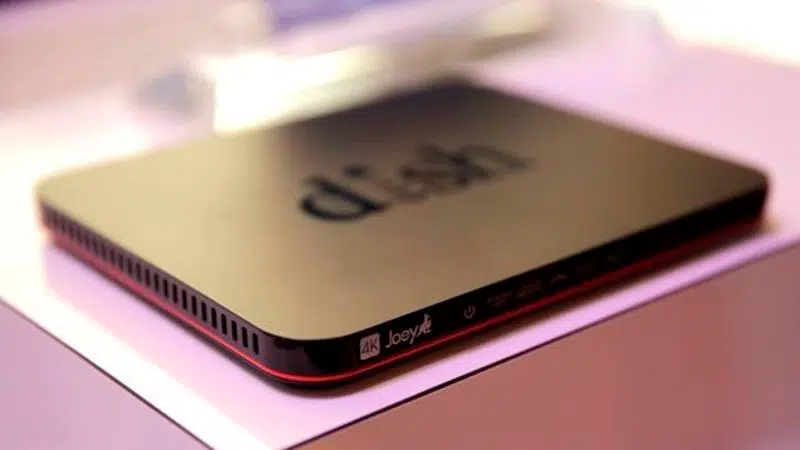
T-Mobile’s $26.5B Sprint deal OKed despite competition fears
WASHINGTON — U.S. regulators have approved T-Mobile’s $26.5 billion takeover of rival Sprint, despite fears of higher prices and job cuts, in a deal that would leave just three major cellphone companies in the country.
Friday’s approval from the Justice Department and five state attorneys general comes after Sprint and T-Mobile agreed to conditions that would set up satellite-TV provider Dish as a smaller rival to Verizon, AT&T and the combined T-Mobile-Sprint company. The Justice Department’s antitrust chief, Makan Delrahim, said the conditions set up Dish “as a disruptive force in wireless.”
But attorneys general from other states and public-interest advocates say that Dish is hardly a replacement for Sprint as a stand-alone company and that the conditions fail to address the competitive harm the deal causes: higher prices, job losses and fewer choices for consumers.
“By signing off on this merger, the Justice Department has done nothing to remedy the short- and long-term harms the loss of an independent Sprint will create for U.S. wireless users,” Free Press Research Director S. Derek Turner said.


